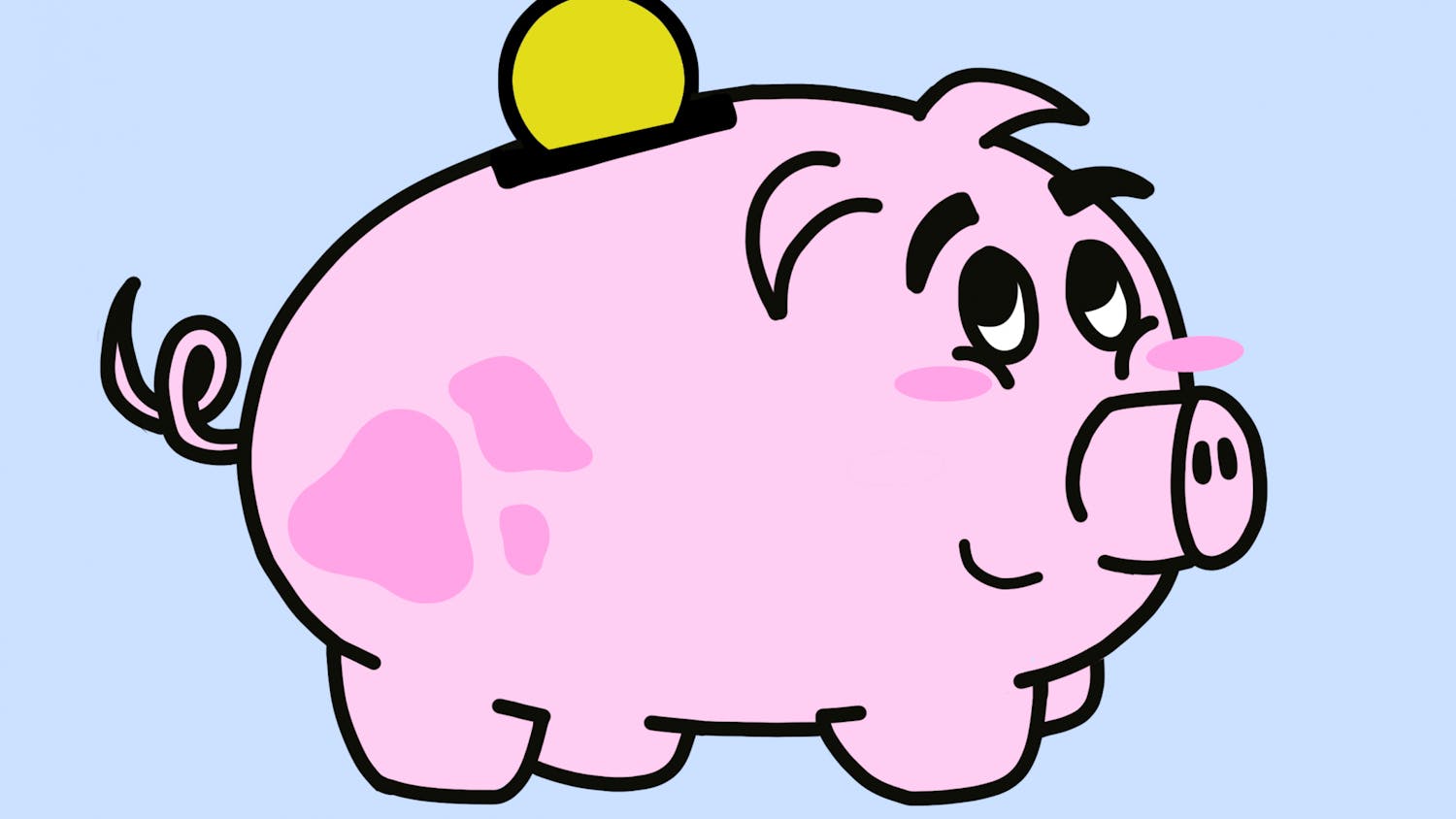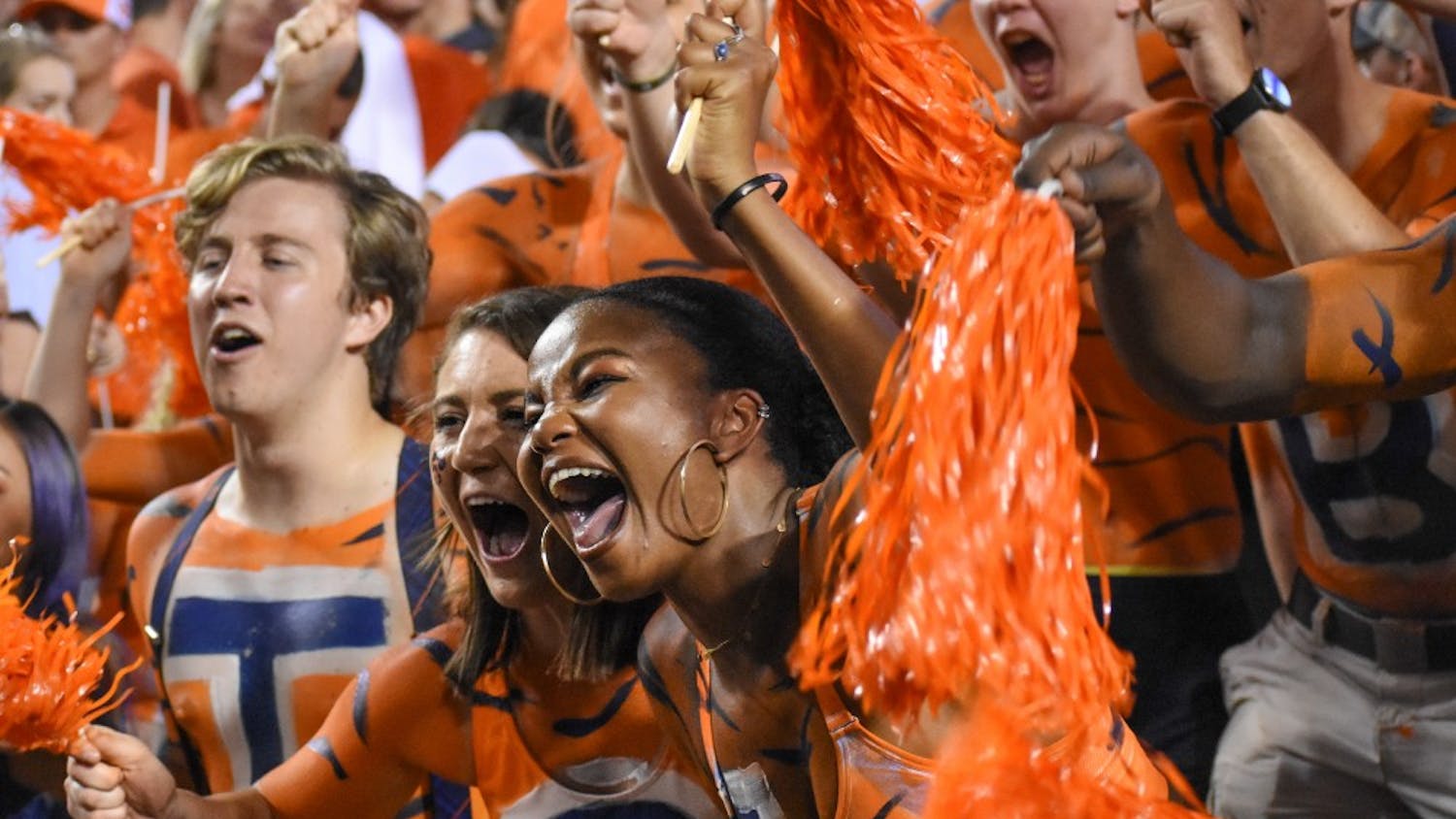Becoming a collector starts with knowing the facts.
John Cottier, associate professor of anthropology, said there are several things that shouldn't be collected, like stamps and fads.
"You really shouldn't collect commemorative stamps," Cottier said. "They're not going to have any more value than their face value. You can still use them to mail things."
Cottier said he used the stamps his parents collected for him as postage after they died.
"They do have sentimental value, but that's not why you collect things," Cottier said.
When starting a collection, Cottier said, buy high-value items and keep them in their original boxes.
"If you can buy the best of the best, it's most likely going to retain its value over time and probably even increase the value a little bit," Cottier said. "The original box can sometimes double the price value of something. In other words, the box is as valuable as the item itself."
Cottier said collectors not looking for a profit should at least be passionate about the items they collect.
"Gold coins would be the best thing to collect in some ways because they are always going to have gold value," Cottier said. "But you need to like something before you collect it. Try to buy the best you can."
John William Moore, one of Cottier's lab volunteers, collects war memorabilia.
"I've got about 40 helmets, 30 bayonets," Moore said. "My main thing is World War II and U-boats."
Moore began collecting after returning from Desert Storm with an Iraqi helmet.
"So I figured, 'Well I got that one, I might as well start picking up a couple more,'" Moore said. "Every payday I've got to buy something now."
Moore has several hundred uniforms, hats, medals, pins, guns, land mines and artillery shells and has found items in countries as far away as Japan.
He even transformed a large bedroom into a display room for his memorabilia.
"My wife calls it a war room," Moore said, "and it's packed."
Hannah Maxwell, senior in english education, began collecting rocks after studying archeology in the first grade.
"I probably have over 100 rocks from different countries," Maxwell said.
Maxwell has collected rocks herself, and she also has friends who bring her rocks from places they visit.
Cottier said looking on eBay is a great place to search for collectibles, but he also cautioned buying online from individuals.
"You've got to be careful of buying things on eBay," Cottier said. "You really do because sometimes people try to fool you and try to give you something that's not what you were really looking at. But you can get some good ideas of prices."
Do you like this story? The Plainsman doesn't accept money from tuition or student fees, and we don't charge a subscription fee. But you can donate to support The Plainsman.




